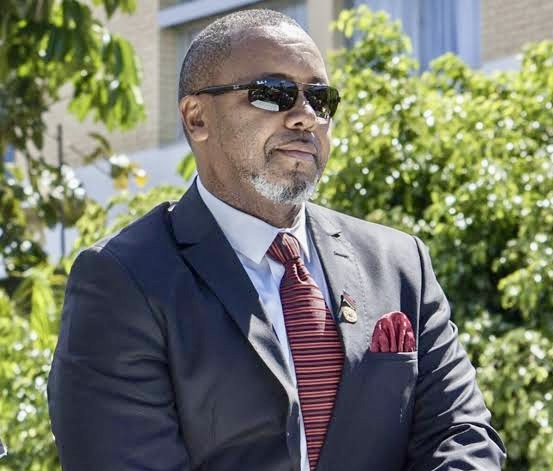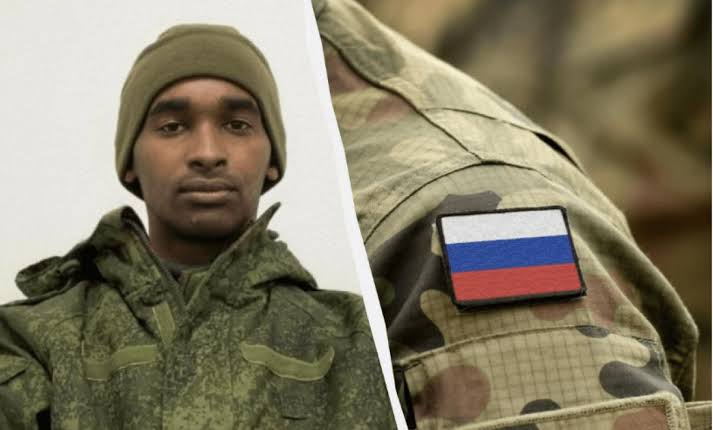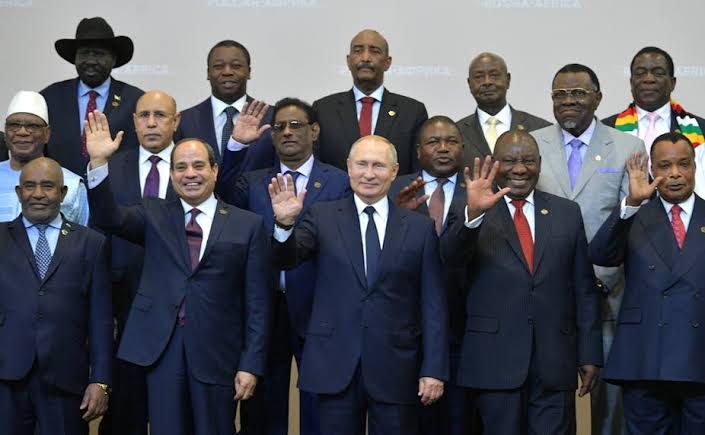
Faith Nyasuguta
Russia’s top diplomat, Sergey Lavrov, pledged increased military assistance during a tour of several countries in Africa’s sub-Saharan Sahel region. This move is part of Moscow’s strategy to expand its influence in the mineral-rich, restive section of the continent.
Russia is becoming the preferred security partner for a growing number of African governments, displacing traditional allies like France and the United States. Lavrov, who has made multiple trips to Africa in recent years, visited Guinea, the Republic of Congo, Burkina Faso, and Chad last week.
Moscow has significantly increased its military cooperation with African nations, often utilizing the private security company Wagner and its likely successor, Africa Corps. Russian mercenaries have been involved in protecting African leaders and assisting states in fighting extremist groups.
A study by the Polish Institute of International Affairs this month noted that the creation of the Africa Corps reflects Russia’s assertive approach to expanding its military presence in Africa. Additionally, Moscow seeks political support or at least neutrality from many of Africa’s 54 countries regarding its invasion of Ukraine. African nations, forming the largest voting bloc at the United Nations, have shown division on General Assembly resolutions criticizing Russia’s actions in Ukraine.
Entities linked to Russia have also been spreading disinformation to weaken ties between African states and the West. The Africa Center for Strategic Studies reported in March that Moscow has sponsored 80 documented disinformation campaigns targeting more than 22 countries.
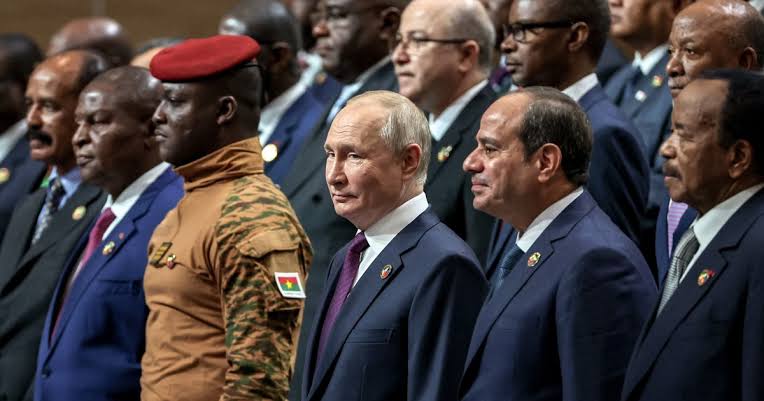
Reasons for African Nations Turning to Russia
Russia has capitalized on political unrest and dissatisfaction in nations affected by coups, leveraging popular frustration with former colonial power France. Military coups have replaced governments seen as close to France and the West, which have done little to alleviate poverty, unemployment, and other hardships.
Russia offers security assistance without interfering in domestic politics, making it an attractive partner in countries like Mali, Niger, and Burkina Faso, all ruled by military juntas that seized power recently. In return, Moscow seeks access to minerals and other contracts.
Violence from extremists allied with al-Qaida and the Islamic State has been escalating in the Sahel for years, despite efforts by France, the U.S., and other Western allies to combat the jihadi groups. France launched a nearly decade-long operation in Mali in 2013 to fight militants, expanding it to Niger, Burkina Faso, and Chad. However, the operation ended nine years later without resolving the conflict, fueling resentment towards the West.
The U.S. has further lost its influence by pushing issues like democracy and human rights, which many African states see as hypocritical given Washington’s ties to some autocratic leaders elsewhere. While the West pressures African coup leaders over democracy and other issues, Russia avoids meddling in internal affairs, as noted by Rida Lyammouri, a senior fellow at the Policy Center for the New South.
Russia’s Interests in African Countries
Africa’s wealth in minerals, oil, and other resources presents political and legal challenges but is crucial to economic and national security. Resources like cobalt, used in electronics, and lithium, used in batteries, are increasingly important.
Russia has thrived in countries with limited governance, securing mining deals through companies it controls. An EU parliament study revealed that Russia has accessed gold and diamonds in the Central African Republic, cobalt in Congo, gold and oil in Sudan, chromite in Madagascar, platinum and diamonds in Zimbabwe, and uranium in Namibia.
The U.S.-based non-profit Democracy 21 reported last December that Wagner and Russia might have earned about $2.5 billion through the African gold trade alone since invading Ukraine in February 2022. Despite its growing partnership with African countries in the oil and mining sectors, Russia lags behind as an overall trading partner, with less than 1% of Africa’s exports going to Russia compared to 33% to the European Union.
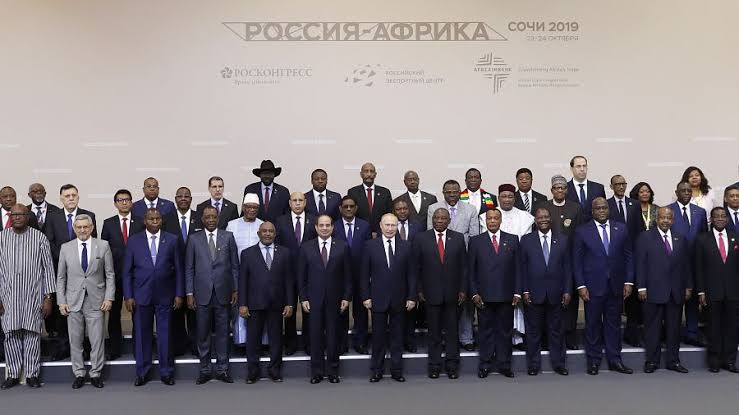
Russian Contractors’ Operations in Africa
The first reports of Wagner mercenaries in Africa appeared in late 2017 when they were deployed to Sudan to support then-President Omar al-Bashir in exchange for gold mining concessions. Wagner’s presence soon spread to other African countries.
In 2018, Russian contractors supported powerful commander Khalifa Hifter in eastern Libya, who was battling militants and later attempted to seize the capital, Tripoli. In the Central African Republic, Russian mercenaries have provided security since 2018, gaining access to the country’s gold and diamond mines.
Recent coups in Mali (2020, 2021), Burkina Faso (2022), and Niger (2023) brought military juntas critical of the West to power. These countries eventually expelled French and other Western forces, turning to Russia for military support. Niger ordered the U.S. to withdraw its troops and close a major military and spy base in Agadez earlier this year. Shortly after, Russian trainers arrived in Niger with new defense equipment, further solidifying Russia’s influence in the region.
RELATED:


